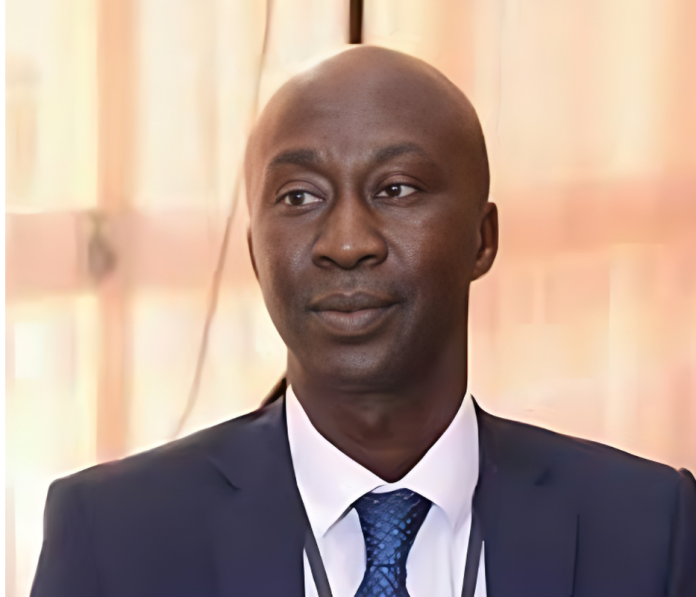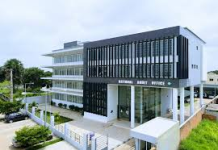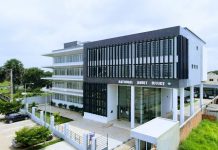By Mustapha Jallow
As part of its ongoing expansion plan, Ousman Jobateh, the managing director for the Gambia Ports Authority (GPA) Tuesday said his institution is optimistic about signing an agreement with Albayrak Group, a Turkey’s multinational conglomerate company based in Istanbul for the designing, building, and financing to improve the port’s capacity.
Under the agreement, the company would manage the operation of the ports and later hand back the Port of Banjul Container Terminal and the development of a Deep Seaport at Sanyang.
He said that the agreement is due to be signed in July 2024. He added that there will be a six-month precedent condition before the contract becomes effective.
Jobateh made this statement during a GPA staff meeting at the ports in Banjul.
“The public-private partnership will enable Albayrak&Negmar Consortium to invest in Banjul Ports for the next 35 years to improve the port capacity,” he says.
According to Jorbateh, the concession modelled along the lines of a Grantor and shareholder arrangement {meaning Government/GPA is both the landlord and shareholder in the concession}.
He said the interest of the staff is fully protected in the agreement, noting that all staff will be transferred to the new operator.
“One of the non-negotiable things in the agreement with the private operator is that all staff jobs will be protected and also improved,” he says.
“All jobs particularly those under operations will be transferred to the private operator and the port remain as a regulator,” added GPA boss.
Jorbateh explained how the GPA has been grappling with capacity improvement challenges, and as such they developed a master plan to increase the capacity of the port to compete better with neighboring ports.
“As a port, we cannot compete if we do not increase our capacity,” he stated.
This, he said, forced them to launch an international tender to invite private operators to bid, and 10 international firms and one local company bid.
According to him, the basis of the decision by the government was to invoke the Strategic Commercial Fit (SCI), which was part of the evaluation criteria for the Port of Banjul Container Terminal Concession, launched through International Competitive Bidding (ICB).
He said the decision was guided by the need to mitigate the climate risks that Banjul is exposed to in terms of sea level rise and perennial sedimentation in the estuary and the restrictions for further capacity expansion within the City.
Jorbateh also stated that the Port of Banjul would be grappling with the same problem for the next 20 years mainly because Banjul is an estuary and the increased sedimentation requires frequent dredging.
“In the next 20 years with all this investment, we will come back to the same problem and that is why the option of having a deep seaport port in Sanyang was invoked.”
“Our capacity to expand in the city is constrained by the fact that we are surrounded by residential neighborhood and business activity.”
He said that a new port would ensure bigger ships come to the country and reduce the cost of trade. He added it would address the challenges they are encountering in Banjul, adding that they would have inland ports in Kaur and Basse, and trucks coming from Mali to Banjul will stop at Basse, ensure the preservation of the roads, and reduce pollution and accidents.




















